“The Shadow” is a term used in psychology, specifically being a theme in the work of famed psychologist Carl Jung. Now, Jung is easily the most profound and spiritual psychologist who ever lived and doubled as a philosopher. He can easily be given an enlightened master’s title like the Buddha or other awakened teachers of the past, and modern Western psychology is built upon Jungian Psychology as its foundation. To say his research had a profound impact on psychology would be an understatement.

The man himself. Carl Jung was a genius WAY ahead of his time.
Jung immersed himself in many different spiritual practices; he gained knowledge while traveling the world and dedicated his life to inner work. But he was also very grounded in mainstream academia as well, with one of his teachers being the esteemed and often misunderstood Sigmund Freud, the famous Austrian neurologist and the founder of psychoanalysis, a clinical method for treating psychopathology through dialogue between a patient and a psychoanalyst. However, they did eventually split over disagreements concerning psychology.
He is one of the few psychologists not blinded by scientism’s modern religion and worked to bridge the gap between real science and spirituality. Oh, and before anyone gets triggered, I mean real science in the sense that real scientists understand that the scientific method has limitations. There’s much beyond explanation in our current paradigm and level of advancement. And with quantum physics and physics in general, there are valid reasons spirituality should be taken very seriously. Scientism is a dogma many mainstream people have been indoctrinated into and have faith in it unquestionably. It is a modern religion that is anti-religion; just like many past religions, it scrutinizes false beliefs. The irony is hilariously entertaining.
Jung’s work is unparalleled, though, because, unlike many of his field, his work was based on ancient wisdom traditions and the mystery schools of the past with modern interpretations through the scientific method. The original science was Hermeticism, and many groundbreaking discoveries in the sciences and psychology are actually timeless and have been with humanity since the beginning. Such as the ancient Hebrew versions of the conscious and subconscious minds known as the Ruach and Nephesh, the knowledge of these two objectively factual functions of human consciousness has been known by the wise for eons.

95% of our lives is not governed by our conscious mind (ego).
I’ve used the term shadow or shadow work many times in content for Cryptic Chronicles and found that many people are clueless about what I am talking about. The term Shadow Work has been thrown around in social media, with most people scratching their heads when they come across it. Many think it refers to something dark and evil since it has the word shadow in it. However, performing Shadow Work couldn’t be farther from the truth. The shadow is a natural part of all conscious beings, and it’s there as your lifelong companion, whether one is aware of it or not. The ego is only associated with the conscious mind, and this part of us we’re familiar with is actually just the tip of the iceberg. The fact is, the majority of how we look at ourselves with the conscious mind is largely delusional.
[the_ad_placement id=”manual-2″]
A good analogy for people unfamiliar with the shadow is this: There is a hero and a villain in every story. In your story, you are both. Many societies program us from birth to think we are solely the conscious ego, which actually couldn’t be more of a lie. Inside us, many warring factions pull the strings of our behavior without us even knowing it. The subconscious mind governs 95-98% of our lives, yet we have little knowledge of its influence in our waking lives.
Your fears and darkness are never detached from you, the shadow is always there, and it always will be. In truth, someone with no relationship to integrating their shadow can truly be said to be a complete human being, less than half so. Through social conditioning, we construct and live through a facade, but at the same time, the shadow is not something pleasant to confront if one has lived most of their life unconsciously. Our constructed ego makes us feel safe and familiar, giving a semblance of control in a world where chaos and change are the only guarantees. A person is only as free as the mind allows, and much of our limitations are self-imposed, even if subconsciously through the shadow.
But, just what is the shadow?
Well, that’s not the easiest question to answer without some context. The shadow is essentially aspects of ourselves that we suppress. It’s an aspect of our consciousness below the conscious radar yet has a powerful influence on our daily lives. There is nothing more frightening than confronting the deep aspects of ourselves, but then again, there’s nothing more rewarding or beneficial. The term projecting is associated with the shadow. This hidden aspect of ourselves can take over without us even knowing it (though usually in short spurts throughout the day). Deep within our unconscious minds lives our shadow selves, which hold onto all our secrets and desires because nothing we repress is ever actually lost from our psyche. It’s the shadow that actually controls a vast majority of our personal beliefs, actions, and words.
“Going against the herd results in backlash, but denying oneself to fit together pieces of a shattered psyche only results in a life lived mostly unconsciously. Sheep all go in the same direction, and they’ll follow one another right off a cliff.”
-Frater V
We all have delusions of a code of conduct to “be a good person” with beliefs, values, and opinions revolving around that idea. There are people out there who won’t even interact with someone because they have “bad politics,” essentially categorizing them into the “bad person” category if one doesn’t share their point of view. You know the type, those that stand upon a moral high ground and zealously denounce others for not mirroring their indoctrinated narrative. The sad reality is these people are actually the evilest and damaging type of people in the world, and these attributes are projections of the shadow. The irony is that to help others and help the world, we must first accept ourselves and do the inner work to become whole and awakened human beings.

“MY OPINION IS RIGHT! SINCE YOU THINK DIFFERENT YOU’RE EVIL!” -Average unconscious human.
Whenever a strong belief is created in one’s consciousness, the unconscious will filter out things that contradict their opinions. This is called confirmation bias, or knowledge filtration, and actually actively inhibits objectivity. A large number of humans are literally incapable of seeing things from other points of view if it goes against their already accepted paradigm. The majority of people cannot confront the possibility they’re wrong in many situations (or beliefs) throughout their lives and will go to extreme measures to prove to themselves and others they are right and true. They will do so even if it means hurting other people or causing pain and suffering to the masses. (So after reading that, you may never bother arguing with people on social media ever again, because why waste time debating someone incapable of comprehending things beyond the tiny world-view they’ve accepted as reality?)
“If you hate a person, you hate something in him that is a part of yourself. What isn’t part of ourselves doesn’t disturb us.”
-Herman Hesse
The shadow is our dark side. The majority of shadow attributes are primordial and raw, and primitive emotions are connected to our survival throughout humanity’s evolution over millennia in mother nature’s ruthless wilds. But the shadow is also a repressed aspect of our personalities. There are actually many aspects that make up a human being; we are not our ego and conscious mind, but many parts of consciousness invisible to waking awareness. Everyone wears social masks, has an ego, a persona, a conscious, and a subconscious. There is so much more to a person than their daily thoughts, and a lot of who we are in the shadow.
Though a person’s shadow does not mean it’s fully negative because the shadow contains positive traits. There are many talents and abilities greatly beneficial to our daily lives locked away in the shadow. An unconfident person with low self-esteem has a shadow analogous to Napoleon and is secretly a confident genius, incapable of being stopped. Someone with social anxiety probably has shadow aspects that are charismatic and profoundly powerful. If integrated back into conscious awareness, many shadow aspects lead to dissolving people’s problems and limitations.
Everything we deny in ourselves throughout our lives becomes an aspect of the shadow. To gain social acceptance, we learn to deny aspects of ourselves very early in life. Such as traits shown in childhood that received ridicule when seen by adults. Or the teasing of children on the playground about attributes found in opposition to what the other kids accept as “normal.” Early on in our lives, we learn to suppress these unwanted things that bring us scrutinization.
However, all the parts we deny in ourselves never leave us and actively become a part of our subconscious and absorbed into the shadow. These shadow attributes can be socially taboo to utterly horrifying. We portray to the world what we think it wants to see, being kind, generous, fun-loving, cool, and all-around socially acceptable, but doing so creates a monster within ourselves.
[the_ad_placement id=”manual-2″]
“Everyone carries a shadow, and the less it is embodied in the individual’s conscious life, the blacker and denser it is.”
-Carl Jung
Other examples of shadow attributes are a boy being ridiculed for showing feminine qualities. A young girl told her art is a waste of time, or being called weird for certain mannerisms by others, which the person allows to become self-loathing. We deny taboo mental images, shameful memories, bad experiences, sexual desires, aggressive impulses, irritations, deplorable desires, immoral urges, but none of these suppressed aspects of ourselves go anywhere; they are relegated to our dark side, just under the level of conscious awareness. Childhood trauma and emotional wounds are some defining qualities of the shadow that remain for our entire lives unless confronted and reabsorbed.
Often, the shadow can hide horrific qualities like sadism, murderous impulses, or a drive to commit violence. Early on, humans are taught to suppress and deny such thoughts, which is actually the opposite of what one should do. Ya see, having the thoughts and instincts is actually perfectly fine. Just because such dark inclines fall into conscious awareness does not mean one has to act upon them. Humanity’s misguided narrative of good and evil leads to complete psychological imbalances within people, leading to a powerful shadow.
It is essential to be offended. It is essential to be offended. It is essential to be confronted with things that go against one’s point of view. It is essential to be opposed. To push such things away or try to suppress them only feeds the shadow.
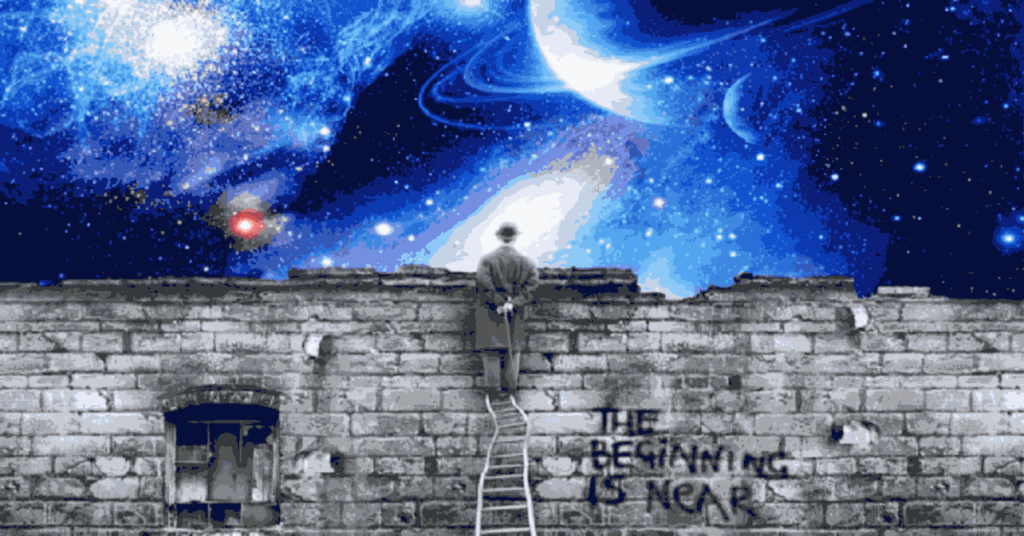
Once you begin to have a conscious relationship with the unconscious, a whole new bigger universe is revealed.
Selfishness, greed, anger, jealously, vindictiveness, hate, judgment, and all the negative emotions are a part of the shared human experience and are just as natural and relevant as any positive emotions. Nothing exists without its opposite in all degrees of existence. To consciously accept some over others only builds imbalance within the psyche and causes the shadow to become stronger. However, these emotions are biologically programmed into us and instinctual, and we are supposed to experience them.
The shadow is fully formed in the first 20 years of our lives but grows throughout our lifetime. Disapproval, reprimands, and scolding can cause one to change their behaviors to gratify the external world. Allowing social conditioning to take possession early in life builds up the shadow, and it only gets stronger and stronger. We all put parts of ourselves in an invisible bag ad drag it behind us. As Jeung says:
“There is no light without shadow and no psychic wholeness without imperfection.”
-Jung
We all carry a demon within us. The shadow will turn against you, with the disowned parts of our true nature taking unconscious hold of our lives. The shadow operates underneath the radar of our daily thoughts and conscious actions. This can cause spontaneous behavior that conflicts with our conscious thoughts that we instantly regret. Or we will give off body language that goes against what we’re thinking or feeling. In essence, the shadow can and does take control without us having the ability to stop it.
This unconscious aspect of ourselves can ruin our lives through destroyed relationships, failed careers from self-sabotage, and an inability to take responsibility in life to handle required matters that bring us peace. The shadow self will actively sabotage our lives, leading to mental illness, addiction, depression, illness, low self-esteem, worry, social anxiety, among many more self-destructive attributes.
“Until you make the unconscious conscious, it will direct your life and you will call it fate.”
-Jung
A fantastic way to spot the shadow is through projection. Whatever qualities we reject in ourselves, we see in others, and it usually greatly aggravates the onlooker somehow. If you see someone acting arrogant and it builds a loathing within you towards them, you probably have not come to terms with insecurities masked by arrogance yourself. Arrogance is always a maks for insecurity, make no mistake…

Never be fooled by arrogance ever again. It is ALWAYS a cover for insecurity and weakness.
It’s hard to spot our own projections because they don’t happen consciously, but once one builds awareness, it can be seen as clear as day. This ego we create through the rejection of our shadow self is a mirror that distorts reality. Such as in customer service when a customer easily becomes rude to the employee. This is actually the shadow projecting itself to make up for unconscious feelings of helplessness, unworthiness, and low self-esteem.
“If only it were all so simple! If only there were evil people somewhere insidiously committing evil deeds, and it were necessary only to separate them from the rest of us and destroy them. But the line dividing good and evil cuts through the heart of every human being. And who is willing to destroy a piece of his own heart?”
-Aleksandr Solzhenitsyn
But, it’s possible to take back power over one’s unconscious and gain profound empowerment, and that’s through shadow work.
Shadow work is the process of becoming aware of the shadow’s existence and reabsorbing it back into consciousness to become a whole person. No one likes to acknowledge their own flaws and negative aspects, but they are key to individualization.
Enlightenment does not come from imagining beings of light, but by making the darkness conscious.
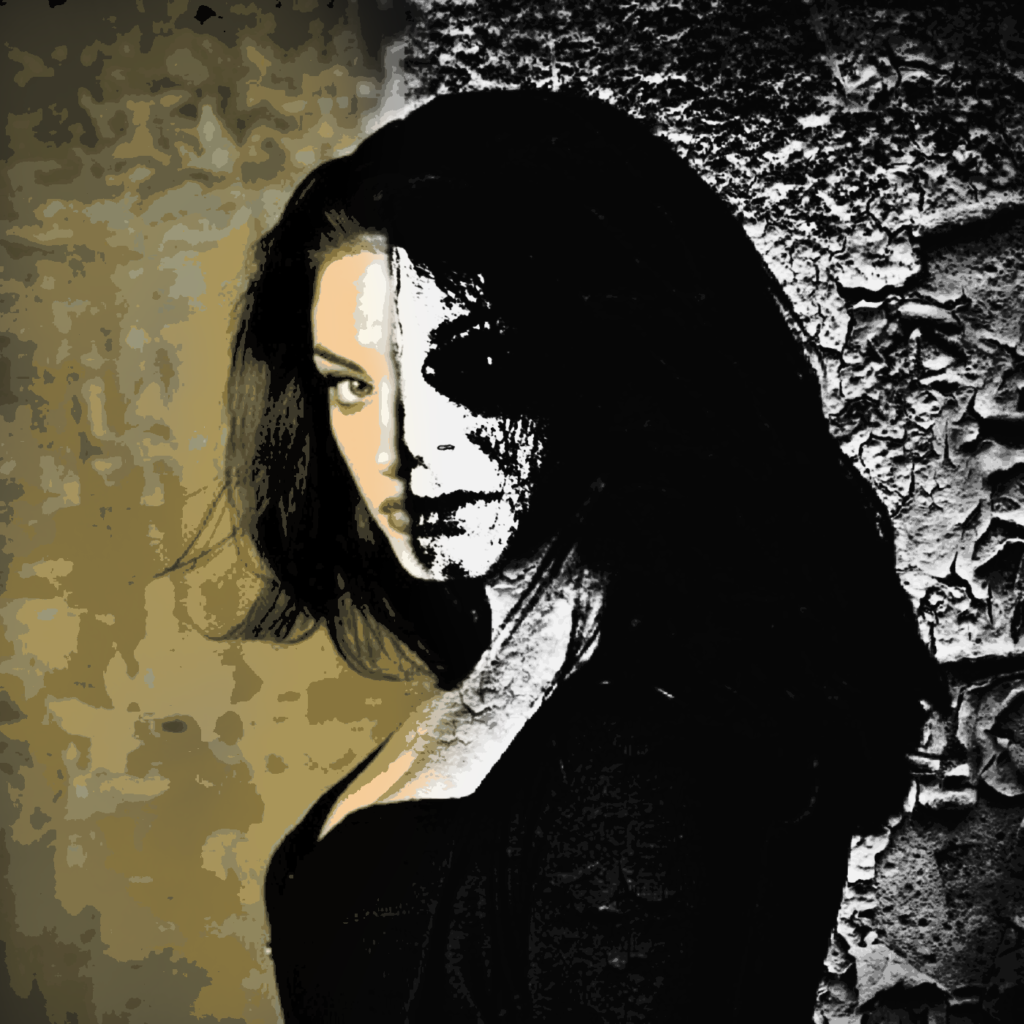
We are darkness and light and must embrace the two in order to become whole.
Through shadow work, we consciously explore our dark side and reconnect the links they had to our conscious minds before being repressed to the unconscious. It is to change one’s paradigm and no longer give in to social conditioning for others’ acceptance. Now, this doesn’t mean you act all crazy and evil after performing shadow work; it’s quite the opposite, in fact. The simple fact of the matter is humans don’t have to “do” anything. Just because one does not repress their darkness from shadow work does not mean we have to act on any impulses or thoughts. We just allow them to be and see them as natural without judgment. It’s perfectly ok to have antisocial thoughts and instincts because it doesn’t mean we act on them. So next time you imagine taking an ax to an annoying co-worker, don’t repress the thought; just let it play out. Shadow work is all about making the unconscious conscious.
[the_ad_placement id=”manual-2″]
Too much modern spirituality revolves around “Love and Light” and a denial of negative things in all forms. This is “toxic positivity” and a form of escapism. Not only does it actually halt spiritual growth, but it also creates an unstable and powerful shadow. Those who are fans of books like “The Secret” say you only have to focus on specific positive thoughts, and you will manifest only good things into your life. Which is perilous because who dictates what’s “good?” Your conscious mind definitely does not. To deny darkness is to reject the unconscious, which always results in cognitive dissonance. Only focusing on positivity does not heal oneself and only creates mental instability, increasing the shadow’s control over your conscious life.
Catholic priests, for example, try to embody pure holiness yet have been known to molest innocent children. In the past, such holy men burned innocent people alive and tortured countless masses hiding behind a shield of false virtue. However, in their own minds, they were righteous champions of God, but they were monsters of cruelty and oppression in reality. I’m not dissing Catholics, because there are just as many good priests as bad, my point is just that if you suppress the darkness it eventually takes over without you even being aware of it.
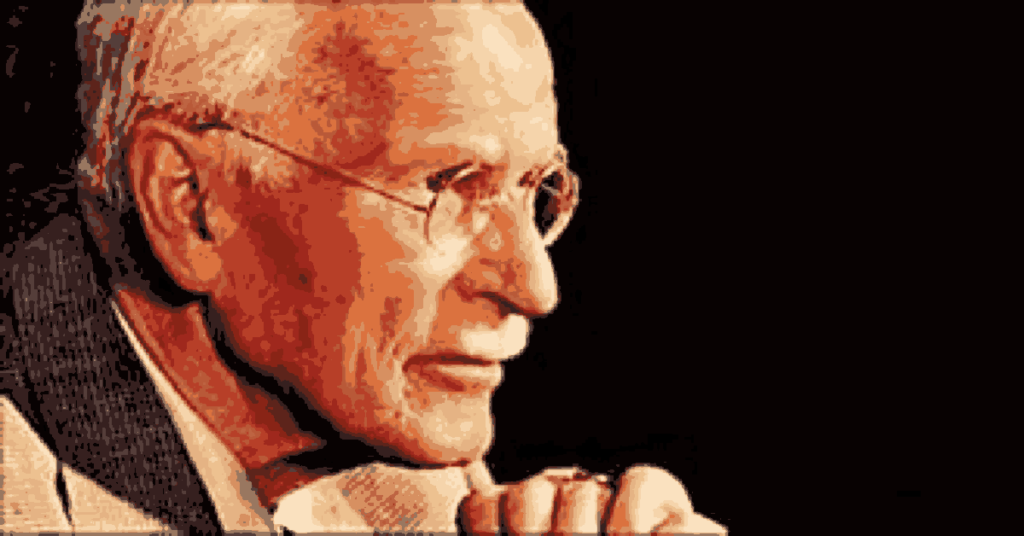
Carl Jung spent countless hours exploring his unconscious.
There is nothing wrong with having darkness. It is perfectly natural and healthy. No human has ever grown as a person or has become stronger through easy things. Darkness and challenges are actually good because being human is all about rising up and overcoming obstacles. The strongest and most successful people always come from backgrounds littered with failure, suffering, unfulfillment, bad luck, challenge, emotional turmoil, and frustration. These things are good, and they create people who change the world and become beacons of inspiration to others. The only difference between them and others is they accepted darkness and used it to ascend and give them strength. Anyone who has ever reached the top and achieved greatness did so by overcoming great adversity. They don’t deny the shadow but embrace it.
“The shadow is a moral problem that challenges the whole ego-personality, for no one can become conscious of the shadow without considerable moral effort. To become conscious of it involves recognizing the dark aspects of the personality as present and real. This act is an essential condition for any kind of self-knowledge.”
-Aion
True enlightenment only comes after “crossing the threshold” and opening up a doorway between worlds (the conscious and unconscious minds). We must go deep within ourselves and face our shadow self. Like the Buddha said, the middle path is the road that leads to Nirvana, and accepting the darkness and the light is key towards spiritual awakening. When we cease denying aspects of ourselves and bring them into our conscious being, it’s a catalyst to unlock one’s full potential.
“All that is gold does not glitter,
Not all those who wander are lost;
The old that is strong does not wither,
Deep roots are not reached by the frost.From the ashes a fire shall be woken,
A light from the shadows shall spring;
Renewed shall be blade that was broken,
The crownless again shall be king.”
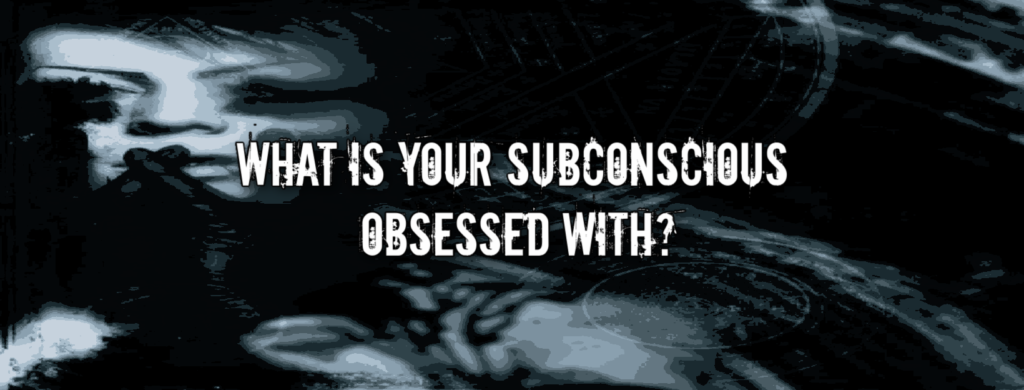


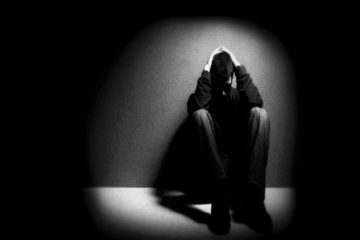

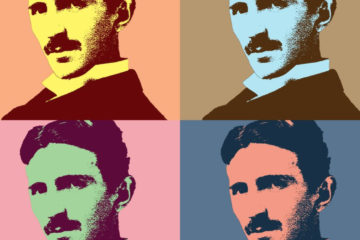
1 Comment
Ashley Mac · October 16, 2020 at 4:59 am
Love the pictures, happy Halloween